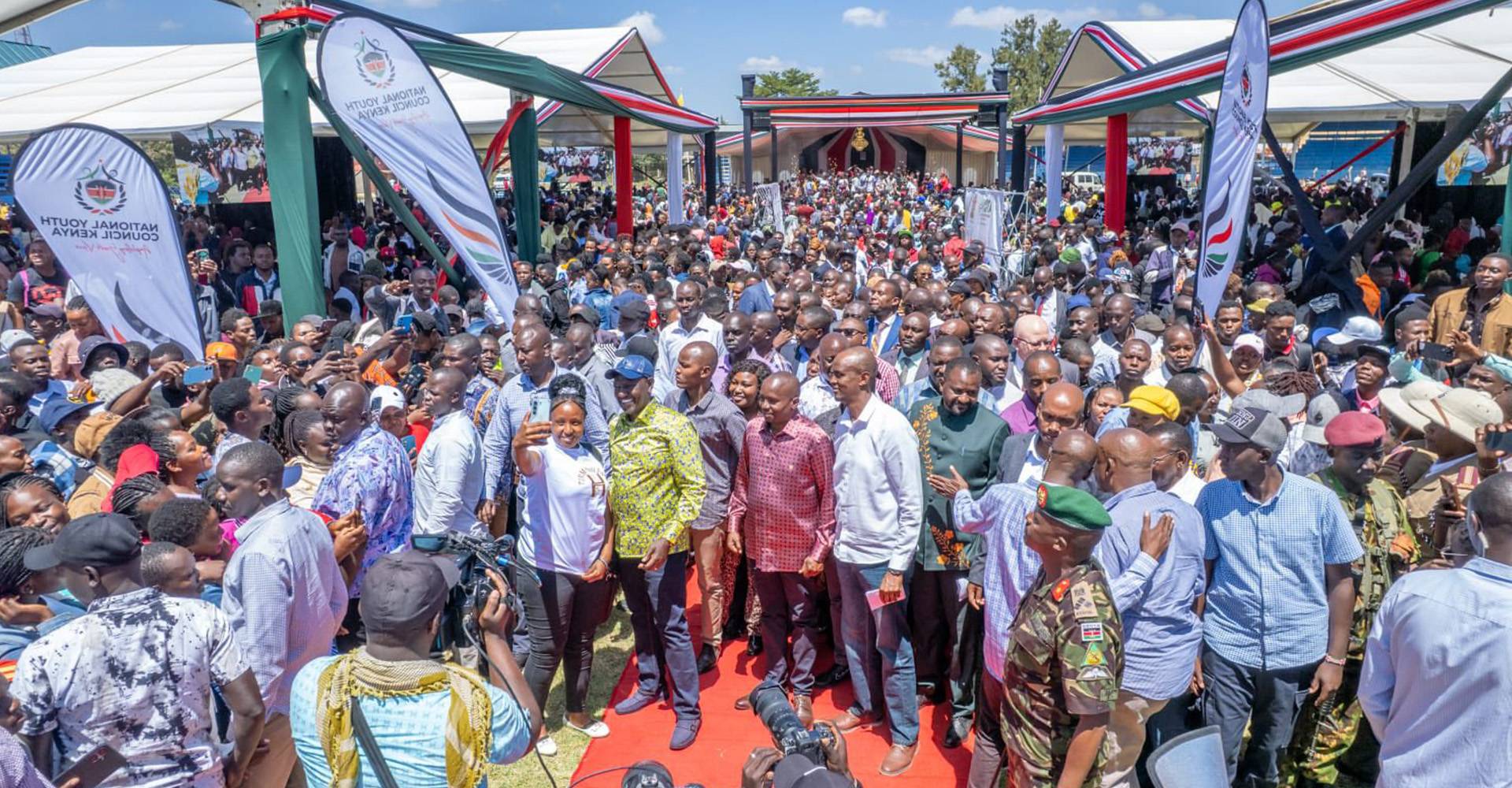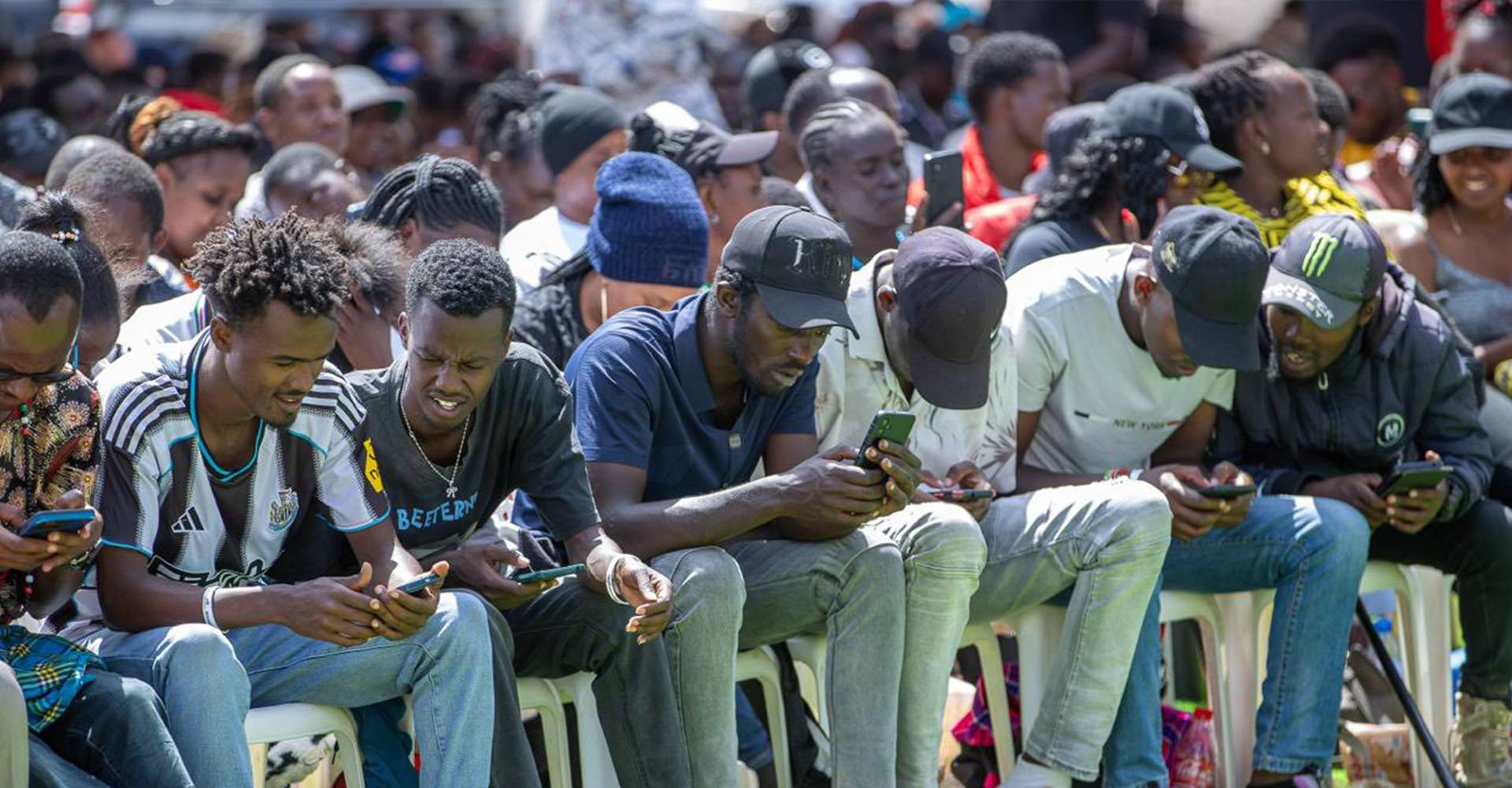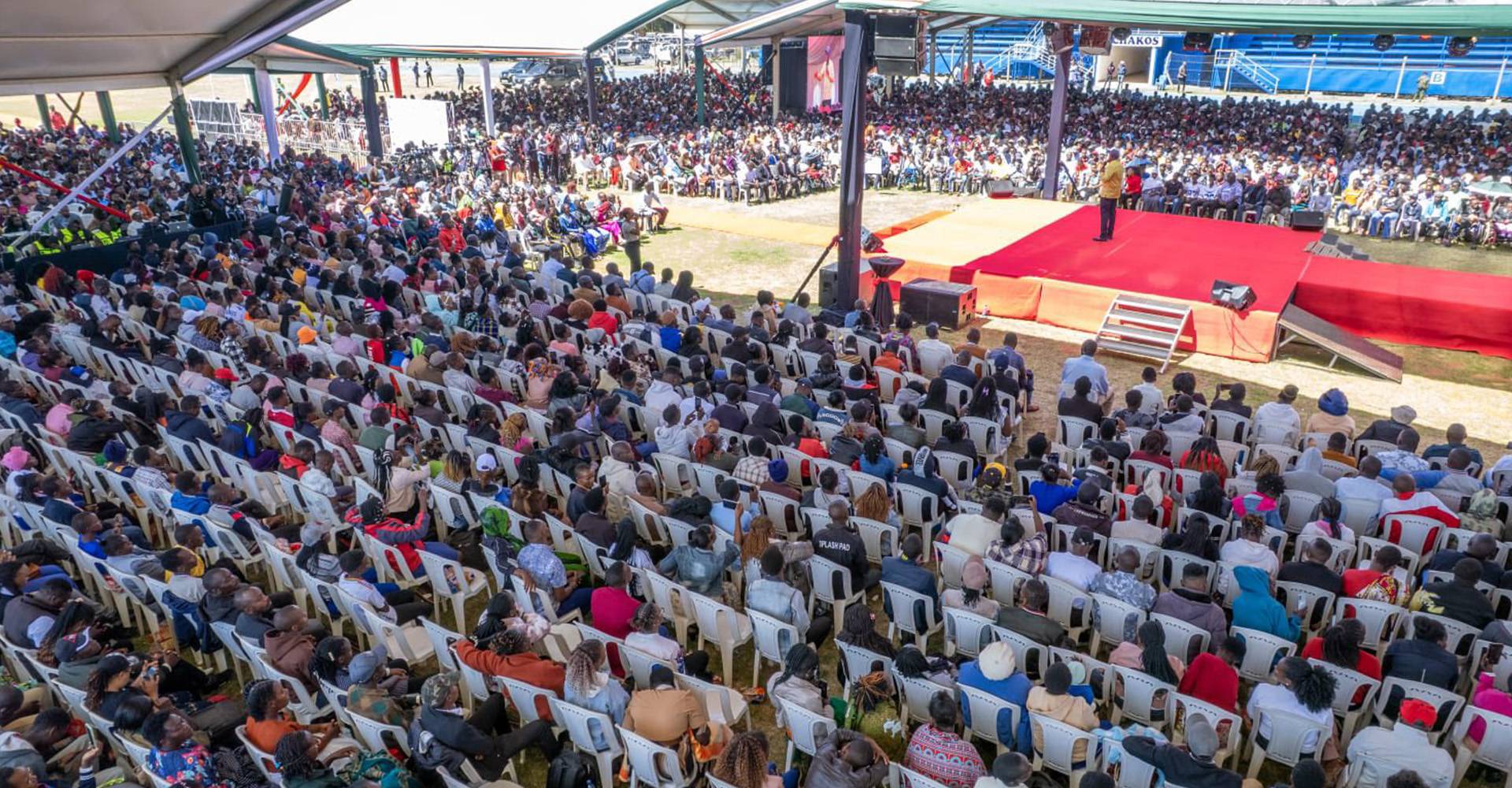


NYOTA Disbursement

Our Strategic Objectives
Clear objectives that steer implementation, partnerships, and performance
A Regulated and Coordinated Youth Sector
Regulating youth organizations and coordinating youth sector activities.
Enhanced Youth association, representation, and participation
Enhancing youth representation, association, and active involvement in governance.
Our Programs
The flagship program tackles youth unemployment by addressing gaps across the entrepreneurship value chain. It focuses on closing the knowledge gap, educating entrepreneurs on intellectual property, and preparing small enterprises to be funding-ready, all aimed at fostering innovation and driving sustainable growth.
Aims to enhance meaningful youth participation in leadership, governance, and democratic processes. It promotes patriotism and national values, empowering young people to contribute actively to nation-building and civic engagement.
Facilitates intra- and intergenerational dialogue to encourage the exchange of ideas and perspectives on critical and topical issues, bridging generational gaps and fostering mutual understanding.
We are mandated to Amplify the Youth Voice; Here are on going activities and other government opportunities.
We are mandated to Amplify the Youth Voice; Here are on going activities and other government opportunities.
We are mandated to Amplify the Youth Voice; Here are on going activities and other government opportunities.
We are mandated to Amplify the Youth Voice; Here are on going activities and other government opportunities.
We are mandated to Amplify the Youth Voice; Here are on going activities and other government opportunities.
We are mandated to Amplify the Youth Voice; Here are on going activities and other government opportunities.

Ni Wakati Wetu
Our Moments
Amplifying the Youth Voice









